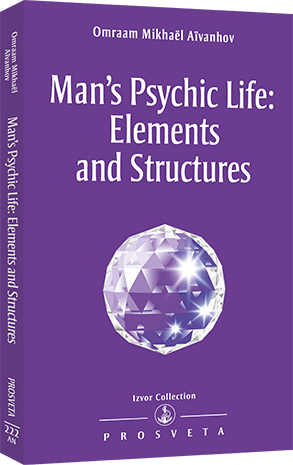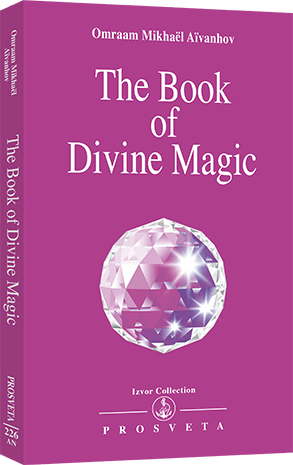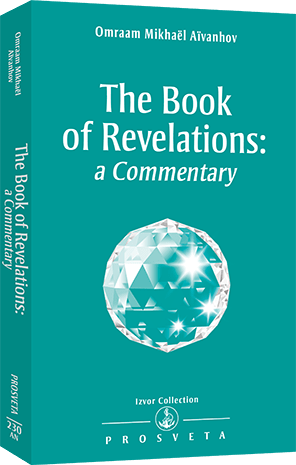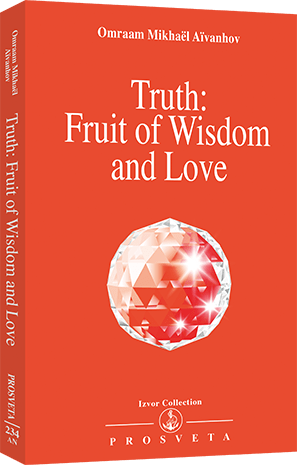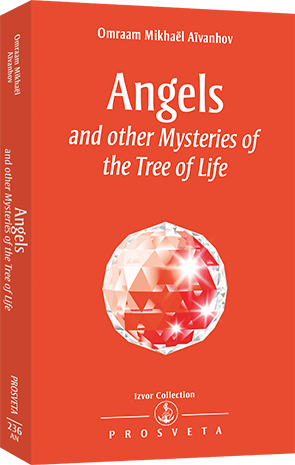
 share
share
|
The Philosopher's stone in the Gospels and in Alchemy
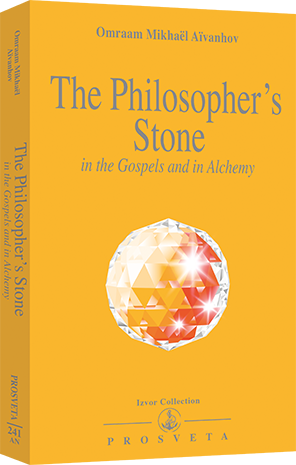 Bladeren
Bladeren
|
P0241AN 219 pages 11,00€ Toevoegen |
|
'The Gospels can be understood and interpreted in the light of alchemical science. On the face of it, they are simply giving an account of the life of one man, Jesus, born two thousand years ago in Palestine, but while they recount the different stages of his life, from birth to death and resurrection, they are in fact also describing alchemical processes.
In spite of being an object of condemnation by the clergy, since the Middle Ages alchemy has profundly permeated Christian mysticism and esotericism. And if you study the sculptures both on the outside and inside of cathedrals such as the Notre-Dame in Paris or the Notre-Dame in Chartres, you will discover that the builders of these cathedrals possessed alchemical knowledge, to which architecture and sculpture bear ample witness.' I - On the interpretation of the Scriptures
1 - ‘The letter kills, but the Spirit gives life’ 2 - The word of God II - ‘It is not what goes into the mouth that defiles a person…’ III - ‘You are the salt of the earth’ 1 - Marking matter with the seal of the spirit 2 - The source of energy IV - ‘But if the salt loses its flavour…’ V - Tasting the flavour of the salt: divine love VI - ‘You are the light of the world’ VII - The alchemists’ salt VIII - ‘And as all things are one and come from the One’ IX - The work of the alchemist: 3 over 4 X - The philosopher’s stone, fruit of a mystic union XI - The regeneration of matter: the cross and the crucible XII - The May dew XIII - The growth of the divine seed XIV - The gold of true knowledge: the alchemist and the gold prospector Biblical References |


